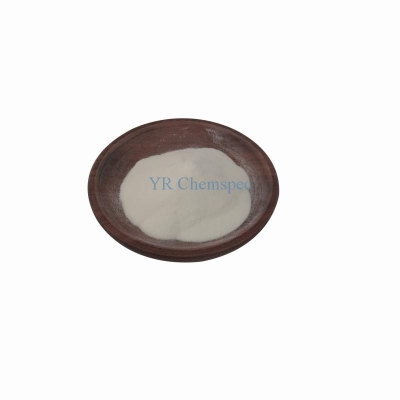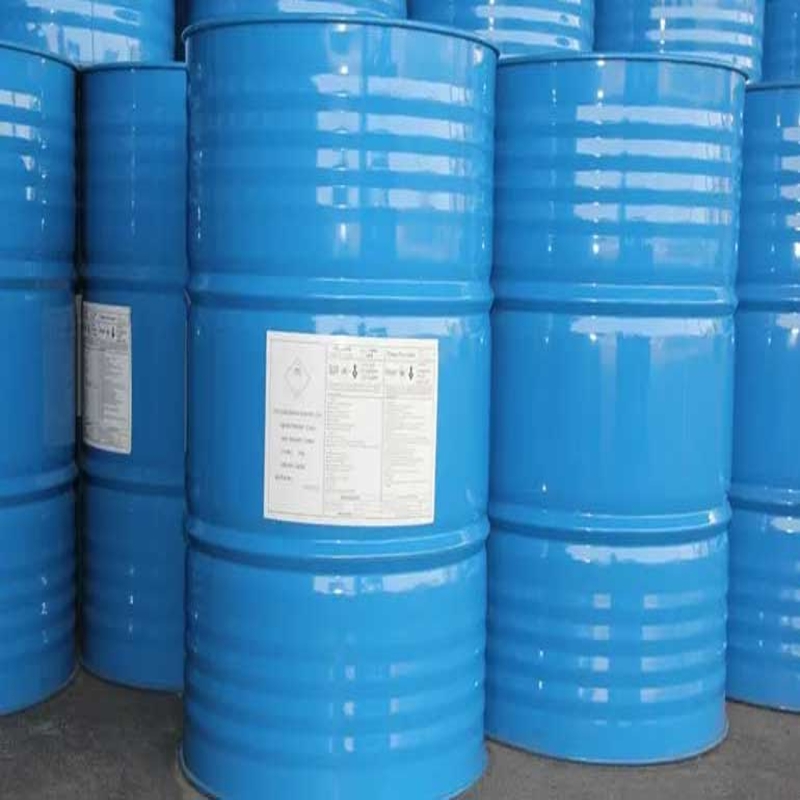-
Categories
-
Pharmaceutical Intermediates
-
Active Pharmaceutical Ingredients
-
Food Additives
- Industrial Coatings
- Agrochemicals
- Dyes and Pigments
- Surfactant
- Flavors and Fragrances
- Chemical Reagents
- Catalyst and Auxiliary
- Natural Products
- Inorganic Chemistry
-
Organic Chemistry
-
Biochemical Engineering
- Analytical Chemistry
-
Cosmetic Ingredient
- Water Treatment Chemical
-
Pharmaceutical Intermediates
Promotion
ECHEMI Mall
Wholesale
Weekly Price
Exhibition
News
-
Trade Service
A few days ago, the General Administration of Customs released data that China's coal imports in October this year were 1,396 tons, down 6.
17 million tons year-on-year, a decrease of 30.
6%; It decreased by 3.
81 million tons, or 21.
4%,
month-on-month.
It is understood that China's coal imports in October hit a new low
since April 2011.
Due to the serious oversupply in the domestic coal market, domestic coal prices have continued to fall since the beginning of this year, and the decline in some coal types is even greater than that of imported coal
.
Taking the CIF price of domestic coal 5500 kcal and Australian coal 5500 kcal in South China from August to October 2015 as an example, the price difference between the two was 22 yuan / ton in August, which dropped to 17 yuan / ton in September and 8 yuan / ton
in October.
If you include the cost of load shedding and other expenses for Australian coal landing, in fact, the price of Australian coal has been seriously inverted
.
In the case of losing the price advantage, the amount of imported coal will naturally and inevitably decrease
.
At the same time, it should be mentioned that on August 11, the People's Bank of China announced that it would adjust the RMB mid-price pricing mechanism, and the RMB exchange rate depreciated by a total of 5% for three consecutive days, which was shocking to the industry
.
Although the RMB exchange rate has gradually stabilized since then, due to concerns about the over-issuance of RMB in recent years, China's economic downturn and the imminent interest rate hike of the US dollar, industry insiders generally expect that there is still room
for depreciation of the RMB exchange rate in the future.
Deng Shun, an analyst at the Axis coal industry, said that for the imported coal market, the depreciation of the renminbi will increase the procurement cost of imported coal, increase the procurement risk of coal importers, and compress the profit margins
of importers.
The expected depreciation of the renminbi exchange rate brought about by the "new foreign exchange reform policy" on August 11 has caused importers to generally reduce their purchases
of imported coal.
A few days ago, the General Administration of Customs released data that China's coal imports in October this year were 1,396 tons, down 6.
17 million tons year-on-year, a decrease of 30.
6%; It decreased by 3.
81 million tons, or 21.
4%,
month-on-month.
It is understood that China's coal imports in October hit a new low
since April 2011.
Due to the serious oversupply in the domestic coal market, domestic coal prices have continued to fall since the beginning of this year, and the decline in some coal types is even greater than that of imported coal
.
Taking the CIF price of domestic coal 5500 kcal and Australian coal 5500 kcal in South China from August to October 2015 as an example, the price difference between the two was 22 yuan / ton in August, which dropped to 17 yuan / ton in September and 8 yuan / ton
in October.
If you include the cost of load shedding and other expenses for Australian coal landing, in fact, the price of Australian coal has been seriously inverted
.
In the case of losing the price advantage, the amount of imported coal will naturally and inevitably decrease
.
At the same time, it should be mentioned that on August 11, the People's Bank of China announced that it would adjust the RMB mid-price pricing mechanism, and the RMB exchange rate depreciated by a total of 5% for three consecutive days, which was shocking to the industry
.
Although the RMB exchange rate has gradually stabilized since then, due to concerns about the over-issuance of RMB in recent years, China's economic downturn and the imminent interest rate hike of the US dollar, industry insiders generally expect that there is still room
for depreciation of the RMB exchange rate in the future.
Deng Shun, an analyst at the Axis coal industry, said that for the imported coal market, the depreciation of the renminbi will increase the procurement cost of imported coal, increase the procurement risk of coal importers, and compress the profit margins
of importers.
The expected depreciation of the renminbi exchange rate brought about by the "new foreign exchange reform policy" on August 11 has caused importers to generally reduce their purchases
of imported coal.







